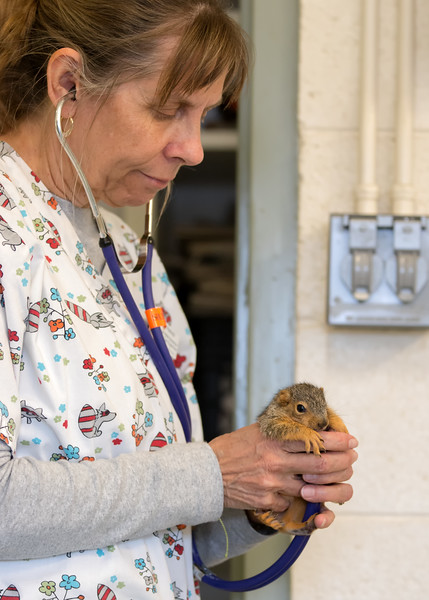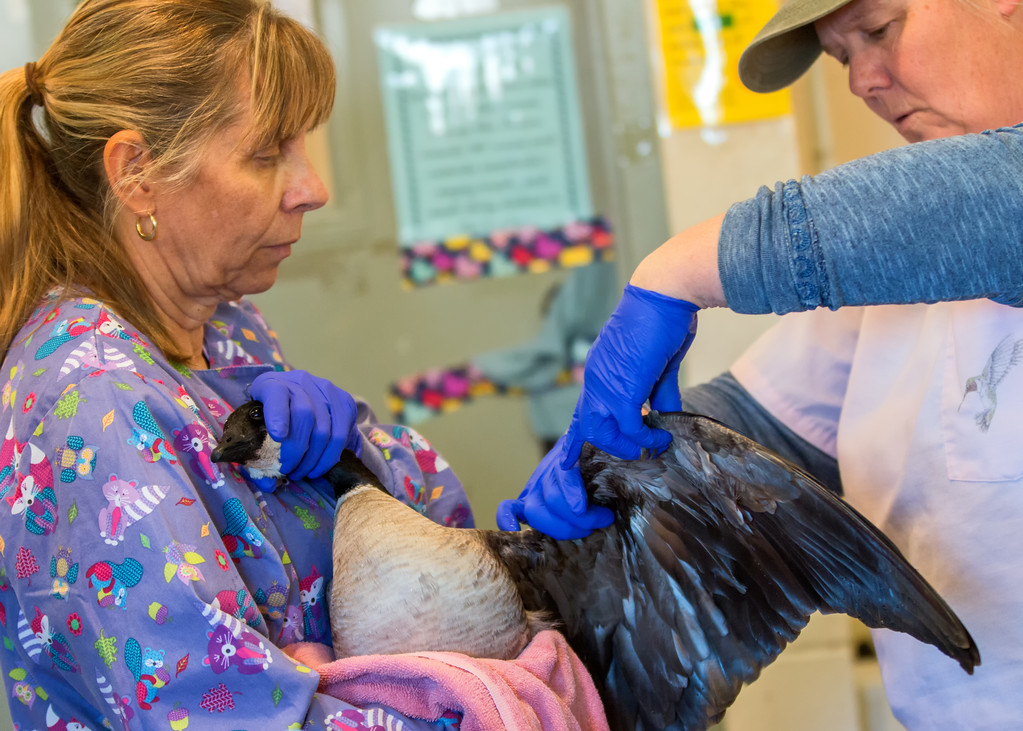
If you’ve ever rescued an animal to bring to Greenwood, you know how stressful it can be to worry about another life. As animal lovers, we want to do everything we can to minimize suffering and ultimately save the animal. The staff, interns, and volunteers at Greenwood deal with these high-stake situations daily and sometimes are forced to make difficult decisions as a result.
Those in caregiver positions, like that of a wildlife rehabilitator, can sometimes experience a condition known as compassion fatigue. Caring for many patients, some with severe trauma, can take a toll on a person. They might start to feel a sense of hopelessness when coping with fatalities. Even folks that answer the phones to give advice, may experience the symptoms. Greenwood understands these hazards and screens our staff to ensure they feel satisfied in their ability to contribute to the greater good.
To minimize the likelihood of compassion fatigue, members of our organization are encouraged to perform a daily “leaving work” ritual that allows them to decompress from a hard day’s work. Additionally, volunteers, interns, and staff take a Professional Quality of Life assessment at the beginning and end of their work season to watch for concerning changes.
Remember, the rehabilitators at Greenwood work hard to make sure that every critter that is handed over to us receives the best treatment with minimal suffering and stress. The rescuer is invested in the well-being of this animal and so are we. It’s important our staff and volunteers take care of themselves so we can continue to treat these wild animals.


